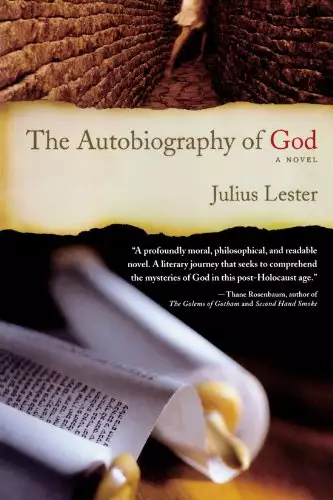The Autobiography of God
We hope you are enjoying the book so far. To continue reading...
The Autobiography of God
Julius Lester
Copyright © 2026 All Rights Reserved
Close
